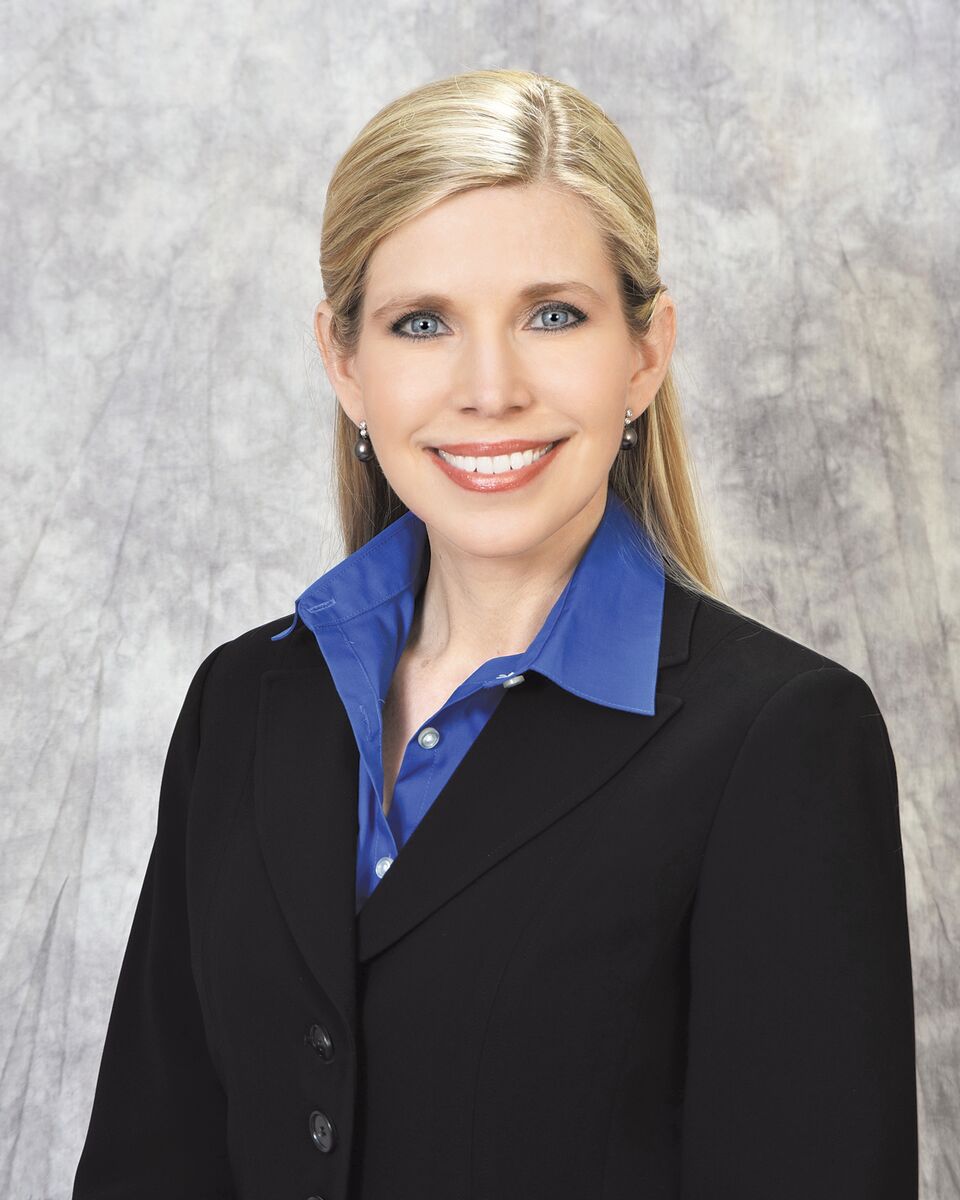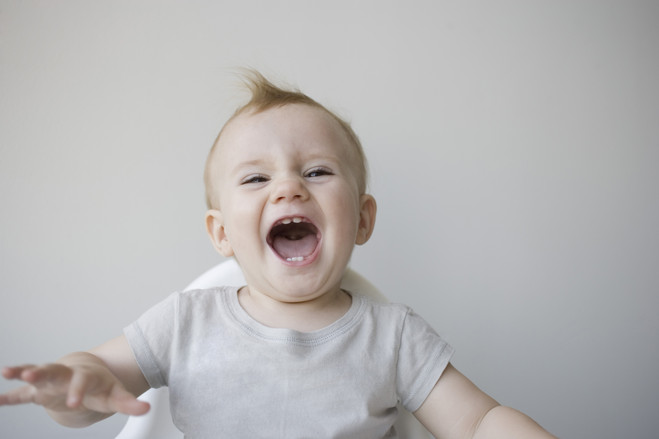Having gone through the terrible twos, tiring threes, and frustrating fours with each of my three children, I have become adept at manipulating a Sesame Street spin brush with banana-berry toothpaste around the mouth of a wiggly little one while, for the purpose of distraction, I sing “Great, green gobs of greasy, grimy, gopher guts.” Being a dentist, I know the importance of keeping my little ones’ teeth healthy, but many of my patients have questioned why decay in a baby tooth needs to be treated when the tooth is going to come out anyway.
Baby teeth begin erupting into the mouth around the age of 6 months to one year, and some remain in the mouth until the age of 12 or 13. These primary teeth have several important functions: for chewing and good nutrition, for speech and jaw development, as placeholders for permanent teeth, and for self-esteem.
Getting proper nutrition is critical for growth during childhood. Teeth are needed to incise and crush food, and if teeth are damaged or missing, eating those healthy vegetables and other nutritious foods becomes difficult. When speaking, the tongue and lips must manipulate the air to make sounds. If during speech development, teeth are broken or missing, this learning process becomes more challenging. Baby teeth also hold the space for the permanent teeth hiding underneath so that those teeth will have a place to erupt into the mouth. Without the baby tooth above it, a permanent tooth may find that other teeth have drifted into its place, causing it to erupt into an abnormal position or not erupt at all! A badly decayed baby tooth can have an infection beneath it that damages the permanent tooth below. In addition, decay can make teeth so sensitive or painful that concentrating on schoolwork becomes impossible. And a healthy smile is important in developing self esteem… especially in those difficult school years.
Help your child maintain a healthy mouth by brushing his or her teeth twice a day as soon as the first baby tooth is seen. Most children will need assistance with brushing properly for many years as the permanent teeth erupt. A pea sized amount of fluoride toothpaste can be used when your child has learned to spit out, as too much swallowed fluoride can cause nausea and vomiting and over time can cause fluorosis, or spotting of the teeth. Flossing once a day should be added to the routine once there are at least two teeth that are touching each other. Drinking more tap water, which has fluoride (unlike many bottled waters,) and limiting your child’s intake of juices and carbonated beverages can also help to prevent cavities.

Dr. Cristi Cheek is the owner of Cheek Dental here in East Cobb. You may contact her at 770-993-3775 or visit www.cheekdental.com.
Lastly, be sure to bring your child to the dentist within six months of the eruption of his first tooth. It is never too early to help your child develop good dental habits!
This article was written by Dr. Cristi Cheek, owner of Cheek Dental and originally appeared in the February issue of the EAST COBBER magazine, on page 11. Click here to view the digital edition.







